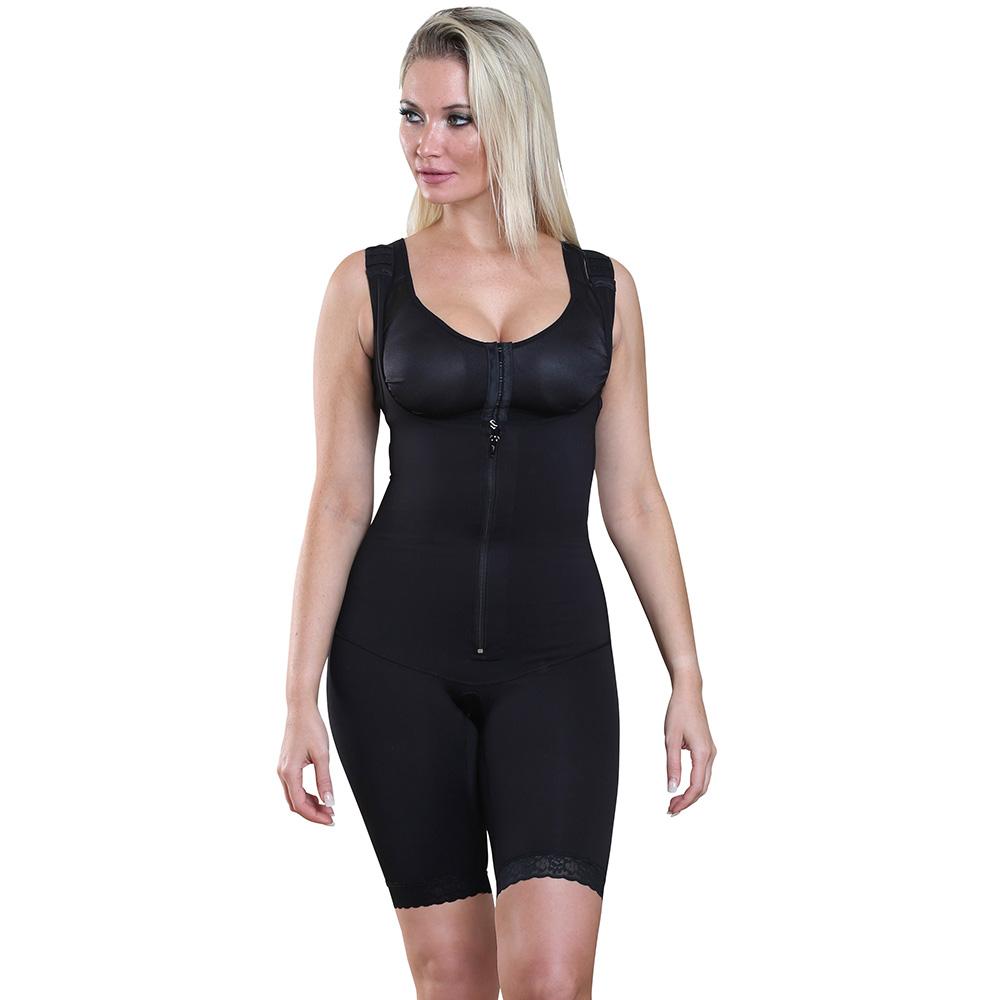
Is Plastic Surgery Safe for Me?
|
|
Time to read 4 min
Written by: Joel Ayo
|
Published on
|
Time to read 4 min
Choosing to undergo plastic surgery is a deeply personal decision — one that often comes with both excitement and nerves. If you’ve been wondering, “Is plastic surgery safe for me?”, the good news is that with today’s advanced techniques, experienced board-certified surgeons, and proper preparation, plastic surgery is safer than ever before.
This guide will walk you through the benefits, safety measures, and how to ensure the best possible outcome, so you can approach your transformation with confidence.
Over the past two decades, plastic and cosmetic procedures have become far safer, thanks to:
Minimally invasive techniques that reduce trauma and healing time
Advanced anesthesia monitoring and safety protocols
Better surgical instruments and sterile environments
Rigorous training and certification standards for surgeons
According to American Society of Plastic Surgeons (ASPS), millions of safe plastic surgeries are performed every year with extremely low complication rates when performed by board-certified professionals.
Plastic surgery is often thought of purely as cosmetic, but it can also improve physical health, mental well-being, and quality of life.
Tummy tuck (Abdominoplasty) can strengthen abdominal muscles and improve posture.
Breast reduction can relieve back, neck, and shoulder pain.
Rhinoplasty (Rhinoplasty) can improve breathing.
Feeling comfortable in your own skin can have a powerful effect on your self-image, relationships, and even professional opportunities.
Many patients report being more motivated to exercise, eat well, and maintain healthy habits after surgery, helping sustain long-term results.
Safety starts with your surgeon. Look for:
Certification from American Board of Plastic Surgery (ABPS)
Membership in the American Society of Plastic Surgeons
Proven experience in the specific procedure you want
A qualified surgeon will review your health history, answer questions honestly, and guide you through safe expectations.
Your surgeon should perform:
Lab tests and bloodwork
A review of medications and allergies
A check for underlying conditions (like high blood pressure or diabetes)
This ensures your body is ready for surgery and healing.
Recovery is where safety continues. Your surgeon should give you a clear plan for:
Wearing post-surgical compression garments (fajas)
Managing swelling and drains
Follow-up visits and check-ins
Following instructions closely reduces complications and speeds up healing.
Not true. Age isn’t the only factor — overall health, lifestyle, and preparation matter more. Many healthy patients in their 40s, 50s, and even 60s have safe outcomes.
Even non-surgical treatments like fillers or laser resurfacing carry small risks, which is why they should still be done by medical professionals.
Not all clinics are created equal. Choosing board-certified, reputable surgeons and accredited facilities dramatically lowers risk and improves results.
Stop smoking and alcohol weeks before surgery (improves circulation and healing).
Maintain a stable weight to reduce surgical stress on your body.
Arrange support at home for your recovery period.
Use proper post-op supplies, like medical-grade fajas and compression garments, to reduce swelling and improve circulation.
Plastic surgery has come a long way. When performed by a qualified surgeon, with thorough preparation and careful recovery, it can be safe, life-enhancing, and empowering.
Whether you’re seeking to restore your body after pregnancy, refine your shape after weight loss, or simply feel more confident, you deserve the peace of mind that comes from knowing modern plastic surgery is designed with your safety first.
At DrShape, we support your journey by providing medical-grade post-surgical compression garments — from Stage 1 fajas with drain holders to Stage 2 tummy tuck recovery garments — trusted by top surgeons to help patients heal safely and comfortably.
is plastic surgery safe
plastic surgery safety
board-certified plastic surgeon
safe cosmetic procedures
preparing for plastic surgery
post-surgical recovery
faja for tummy tuck recovery
compression garment after liposuction
plastic surgery recovery tips
is plastic surgery safe
safe plastic surgery experience
Many people ask, “is plastic surgery safe?” because they’ve heard stories about complications. Like any medical procedure, plastic surgery carries some risk, but serious complications are rare when it’s done by a board-certified plastic surgeon in an accredited surgical facility.
Potential risks include:
Mild swelling and bruising (temporary and expected)
Infection if post-op instructions aren’t followed
Scarring, which can be minimized with proper care
Anesthesia reactions, which are rare but monitored carefully
The best way to make sure plastic surgery is safe for you is to follow your surgeon’s guidance before and after the procedure.
Safety tips:
Choose a board-certified plastic surgeon with experience in your procedure.
Be honest about your full medical history, medications, and allergies.
Stop smoking, alcohol, and certain supplements weeks before surgery.
Plan for help at home and plenty of rest after surgery.
Wear your post-surgical compression garments (fajas) exactly as instructed.